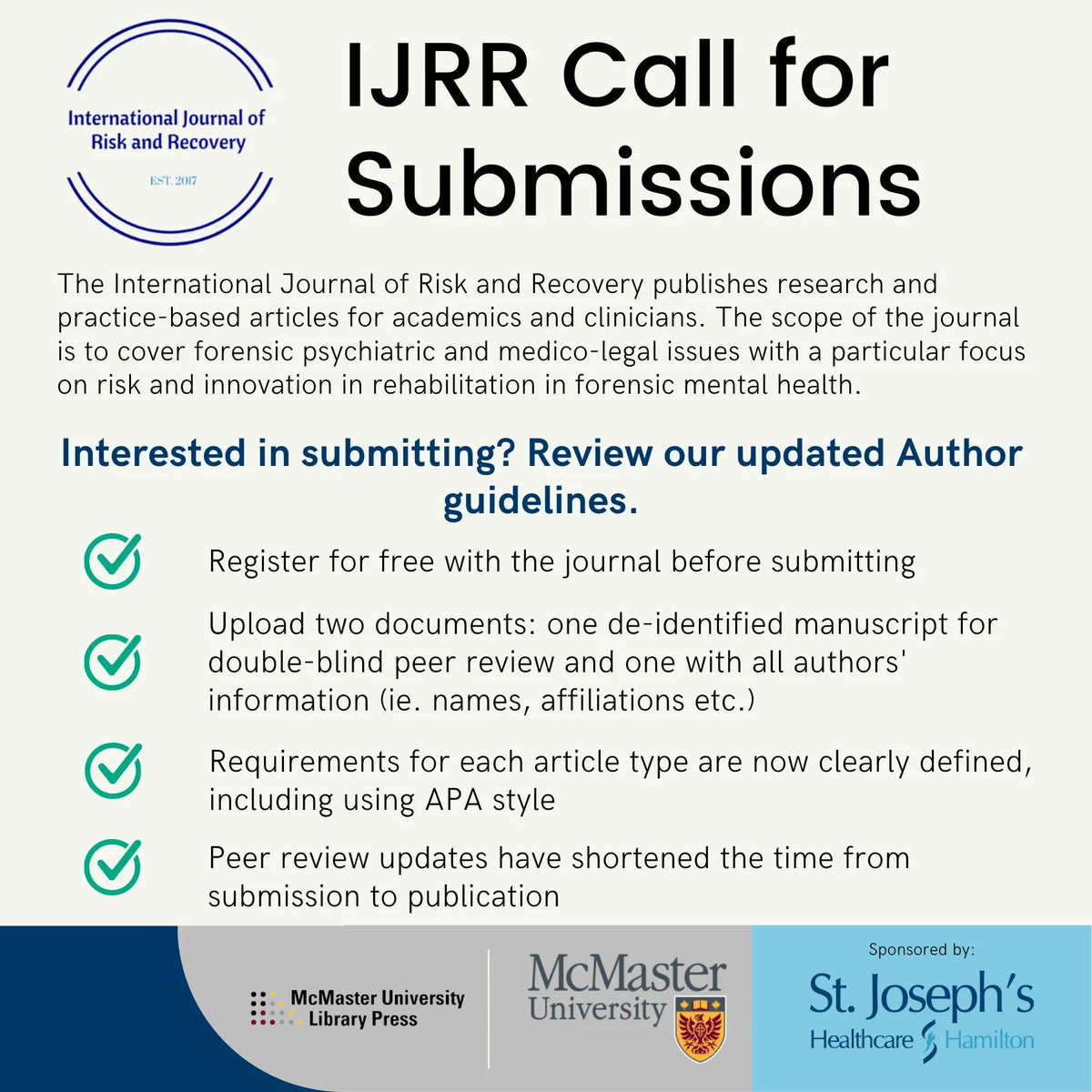

- January 5 2017 fmcsa regulations drivers#
- January 5 2017 fmcsa regulations driver#
- January 5 2017 fmcsa regulations registration#
January 5 2017 fmcsa regulations registration#
The regulatory guidance provides clarity about USDOT operating authority registration requirements, minimum levels of financial responsibility, and the applicability of safety and commercial regulations. “This guidance will help improve safety by clarifying which federal safety rules apply to certain passenger carrier operations.” FMCSA-regulated employers should revise their drug and alcohol testing policies to conform to the regulations that are effective on January 1, 2018.

“Travel by motorcoach, bus, van, or shuttle is among the safest forms of transportation in the country,” said FMCSA Administrator T.F.
January 5 2017 fmcsa regulations driver#
These regulations, which may or may not apply, depending on the operation, include FMCSA registration requirements, minimum levels of insurance, random drug and alcohol testing, driver licensing, hours-of-service limitations to prevent fatigued driving, vehicle safety inspection and maintenance, and other requirements. An organization or a business operating a commercial motor vehicle in interstate commerce, unless otherwise specifically excepted, is subject to FMCSRs.
January 5 2017 fmcsa regulations drivers#
In providing this guidance, FMCSA has also constructed an online resource page to help advise businesses and organizations that provide interstate passenger transportation services, including: hotel-related shuttle bus or van operations employer-related services education-related institutions faith-based organizations and passengers using multiple transportation modes (e.g., arriving by plane or train, then taking a shuttle van to an interstate bus or motorcoach).įederal Motor Carrier Safety Regulations (FMCSRs) set minimum safety standards for motor carriers, vehicles, and drivers operating in interstate commerce – defined generally as trade, traffic, or transportation in the United States traveling across state lines. “Motor carriers that are hired and that receive payment to transport passengers must thoroughly understand and fully comply with safety regulations that exist to protect everyone traveling on our nation’s roadways.” “Passengers traveling by motorcoaches, buses, and vans have every right to expect that the vehicle is safe and that their driver is fully qualified, without exception,” said Transportation Secretary Anthony Foxx. Department of Transportation’s (DOT) Federal Motor Carrier Safety Administration (FMCSA) today issued guidance to organizations and businesses that transport passengers in interstate commerce, clarifying existing FMCSA regulations and requirements that have been changed over the years through legislation, rulemaking, and litigation.

8,” Jan.FMCSA NEWS JANUAPITLA | JanuFMCSA Issues Guidance to Organizations and Businesses Transporting Passengers to Clarify Existing Federal Regulations This can be a legally challenging project, so those who find themselves in this situation may want to seek out legal assistance. If the accident was caused by the trucker’s medical condition, then it may well be worth looking into his or her medical records to determine if he or she was acting in compliance with any FMCSA exemptions. So what happens if one of these exempted drivers causes an injurious or fatal accident? Well, if negligence played any part, then a personal injury or wrongful death lawsuit may be justified. However, the FMCSA’s exemption requires that these truckers must remain seizure-free, provide yearly documentation of their condition from their medical provider which speaks to the condition’s stability and they must undergo examination by a FMCSA-approved medical examiner. After all, an epilepsy sufferer may succumb to a seizure while behind the wheel and cause a devastating truck accident. Some may find this concerning, and rightly so. For example, the FMCSA recently exempted over 100 truckers from regulations regarding epilepsy and seizure disorders. The Federal Motor Carrier Safety Administration (FMCSA) has laid out regulations to prevent truckers from driving while their medical condition is untreated, but sometimes they make exceptions. For example, a fatigued driver may nod off behind the wheel causing his or her truck to drift into another lane or oncoming traffic.Īnother way that serious truck accidents can occur is when untreated medical conditions affect a trucker’s ability to safely drive his or her truck. A negligent trucker in Lafayette can make a mistake that puts his or her safety in danger, as well as that of drivers nearby.

Trucking is a dangerous industry, not only for truckers, but also for other motorists.


 0 kommentar(er)
0 kommentar(er)
